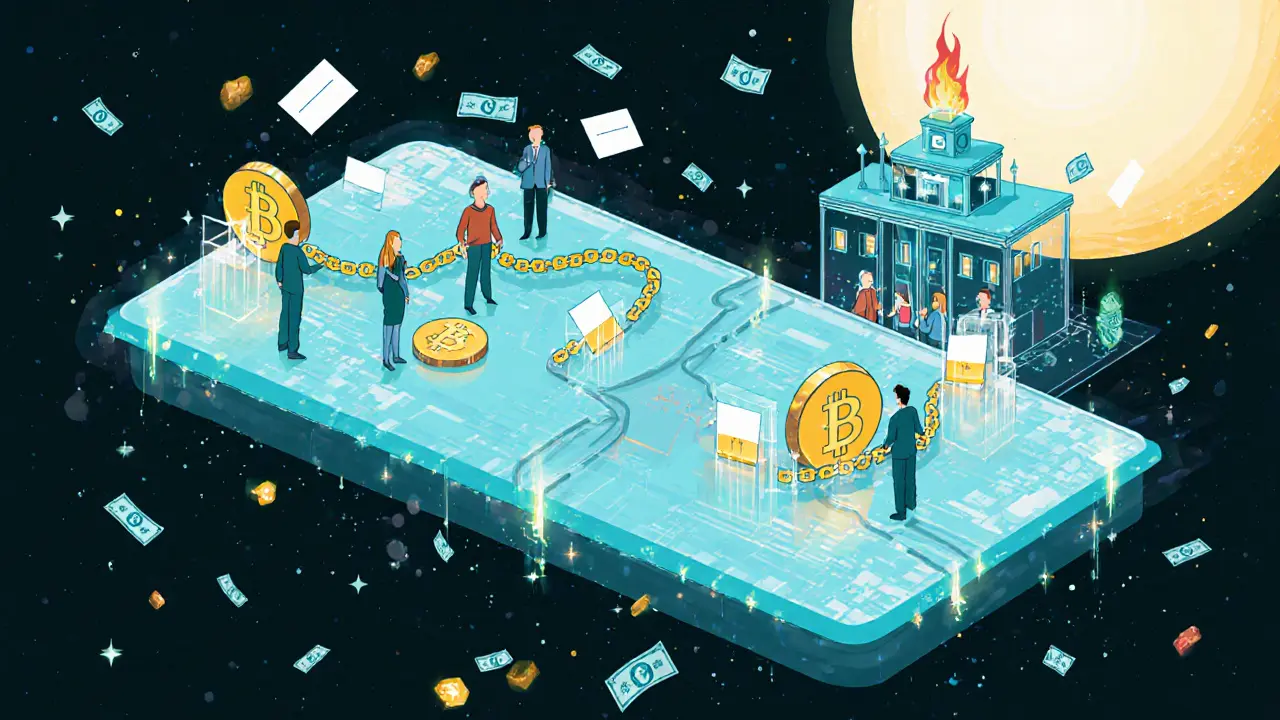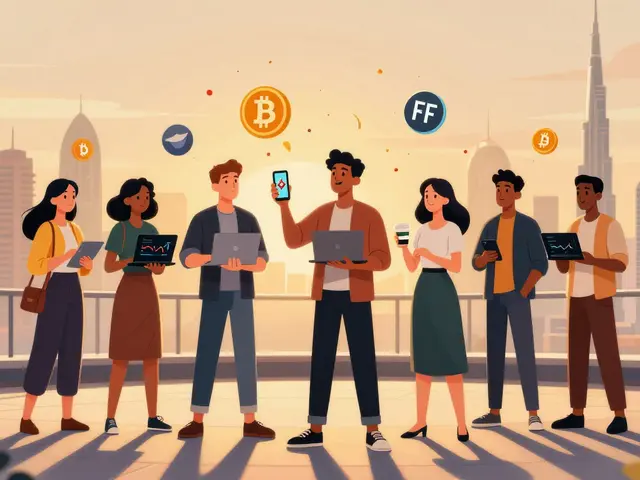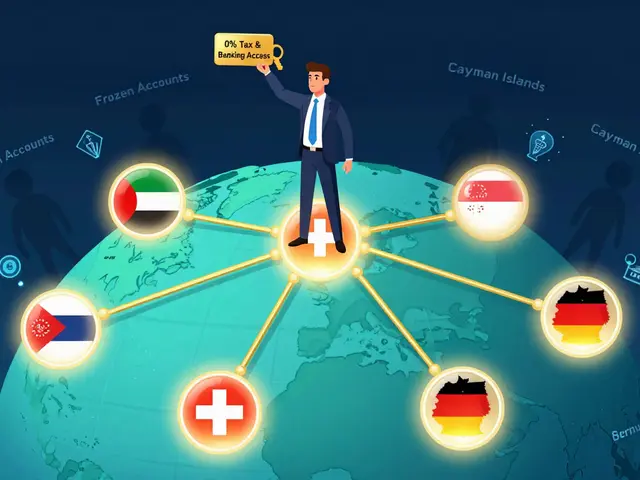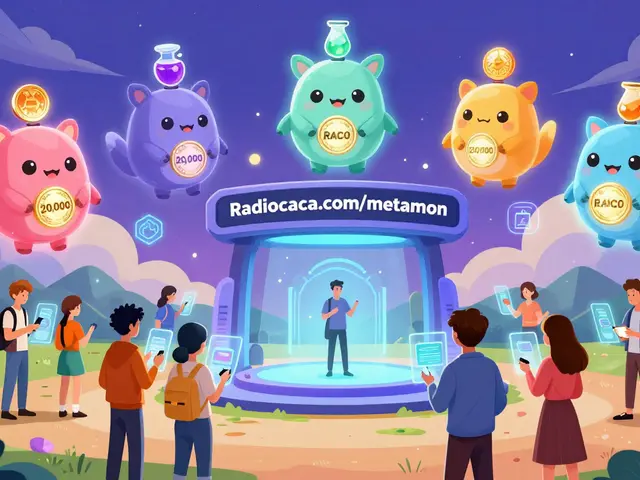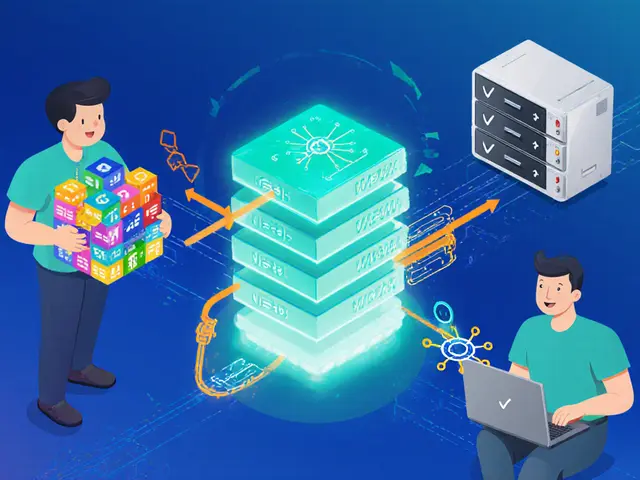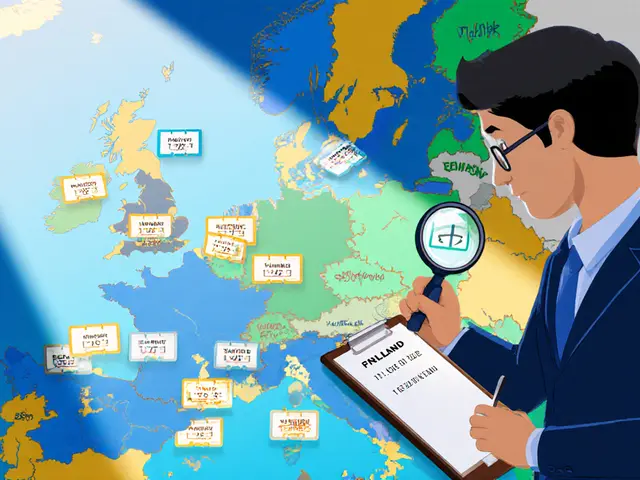Off-Chain Governance: How Crypto Projects Make Decisions Without Blockchain Voting
When a crypto project needs to change its rules—like upgrading its code or adjusting fees—it doesn’t always vote on the blockchain. That’s where off-chain governance, a decision-making process that happens outside the blockchain, often through forums, Discord, or developer meetings. Also known as external governance, it’s how most major networks like Bitcoin and Ethereum actually evolve. Unlike on-chain governance, where every change requires a token vote, off-chain governance relies on influence, reputation, and consensus-building among core teams, miners, and active users.
Many people assume blockchain means everything must be voted on-chain, but that’s not practical. Imagine if every Bitcoin upgrade needed 50% of all wallets to vote—most users wouldn’t even know what they’re voting on. Instead, core developers propose changes, discuss them on GitHub and Reddit, gather feedback from node operators and exchanges, and only then implement what the community supports. This is how Bitcoin got SegWit and how Ethereum moved to Proof of Stake. The on-chain governance, a system where token holders vote directly on blockchain proposals, often using smart contracts exists in some DAOs, but it’s slow, prone to manipulation, and rarely used by large networks. Meanwhile, DAO voting, a form of on-chain governance where token holders cast votes to control treasury or protocol changes works better for small, community-driven projects—not for systems with millions of users.
Off-chain governance isn’t perfect. It can feel centralized when a small group of developers holds too much power. But it’s also faster, more flexible, and avoids the chaos of low-turnout token votes. When a project like Solana or Polygon needs to fix a critical bug, they don’t wait for a 30-day voting cycle—they coordinate privately, test fixes, and roll them out. The community still has a voice, but it’s through discussion, not smart contracts. That’s why most of the crypto you use today runs on off-chain governance: it’s the quiet engine behind the scenes.
Below, you’ll find real examples of how this plays out—whether it’s a token swap that happened without a vote, a blockchain fork decided in a forum, or a protocol upgrade pushed through by developers who listened to users. These aren’t theoretical debates. They’re the decisions that shape the crypto world you interact with every day.

